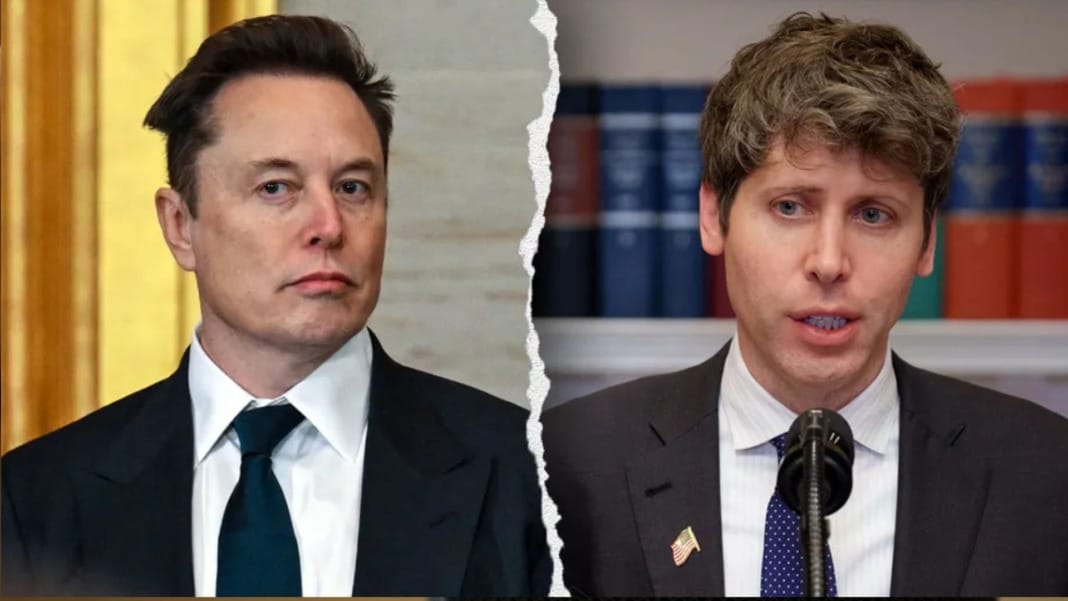Elon Musk may have lost a key battle in his lawsuit against OpenAI. Still, a U.S. federal judge has given him—and others opposing OpenAI’s move to a for-profit structure—reason to remain hopeful.
Judge raises concerns over OpenAI’s transition
Musk’s lawsuit, which also names Microsoft and OpenAI CEO Sam Altman as defendants, accuses OpenAI of abandoning its original nonprofit mission. OpenAI was founded in 2015 as a nonprofit dedicated to ensuring artificial intelligence (AI) benefits all of humanity. However, in 2019, the organisation transitioned to a “capped-profit” model, and now it seeks to restructure again into a public benefit corporation.
Musk had requested a preliminary injunction to halt OpenAI’s transition to a for-profit company. On April 9, U.S. District Court Judge Yvonne Gonzalez Rogers denied this request but expressed concerns over OpenAI’s planned shift.
In her ruling, Judge Rogers stated that “significant and irreparable harm is incurred” when public donations fund a nonprofit, only for that organisation to later convert into a for-profit entity. OpenAI’s nonprofit arm currently holds a majority stake in its for-profit operations and can gain billions of dollars from this transition.
The judge also pointed out that several of OpenAI’s co-founders, including Altman and company president Greg Brockman, had made clear commitments not to use OpenAI “as a vehicle to enrich themselves.” To address the concerns surrounding OpenAI’s restructuring, the judge has proposed an expedited trial in the autumn of 2025.
Legal battles continue as Musk’s team accepts trial offer
Marc Toberoff, a lawyer representing Musk, stated that his client’s legal team is pleased with the judge’s ruling and will proceed with the expedited trial. OpenAI has not yet confirmed whether it will accept this timeline and has not responded to media requests for comment.
The legal concerns surrounding OpenAI’s transition extend beyond this lawsuit. Tyler Whitmer, a lawyer representing Encode—a nonprofit that submitted an amicus brief in the case—believes that the ruling increases regulatory uncertainty for OpenAI’s leadership. He explained that attorneys general in California and Delaware are already investigating the transition, and Judge Rogers’ comments may encourage them to scrutinise the process more aggressively.
While OpenAI faces these challenges, the ruling did include some victories for the company. Judge Rogers found that Musk’s legal team did not provide enough evidence to prove OpenAI had breached a contract when it accepted approximately US$44 million in donations from Musk before shifting toward a for-profit structure. The judge also highlighted internal emails suggesting Musk had once considered the possibility of OpenAI becoming a for-profit company.
Additionally, Judge Rogers ruled that Musk’s AI firm, xAI, failed to show it would suffer “irreparable harm” if OpenAI’s profit-driven transition proceeded. She also dismissed arguments that OpenAI’s investor, Microsoft, violated interlocking directorate laws and that Musk had legal standing under a California statute against self-dealing.
The future of OpenAI remains uncertain
Once a major supporter of OpenAI, Musk has become one of its most outspoken critics. His company, xAI, is now a direct competitor, developing AI models to rival OpenAI’s technology. As both Musk and Altman navigate these legal battles, they also face increasing scrutiny from policymakers and regulators.
For OpenAI, the stakes are high. Reports suggest the company must transition to a for-profit model by 2026, or some of its recently raised capital could convert into debt. This financial pressure could force the company to move ahead with its restructuring plans despite the legal challenges.
OpenAI’s original nonprofit structure was designed to ensure AI research prioritises the well-being of all humanity over financial gains. If the company completes its transition to a for-profit business, critics argue it could lead to AI developments driven more by investor profits than by ethical considerations.





